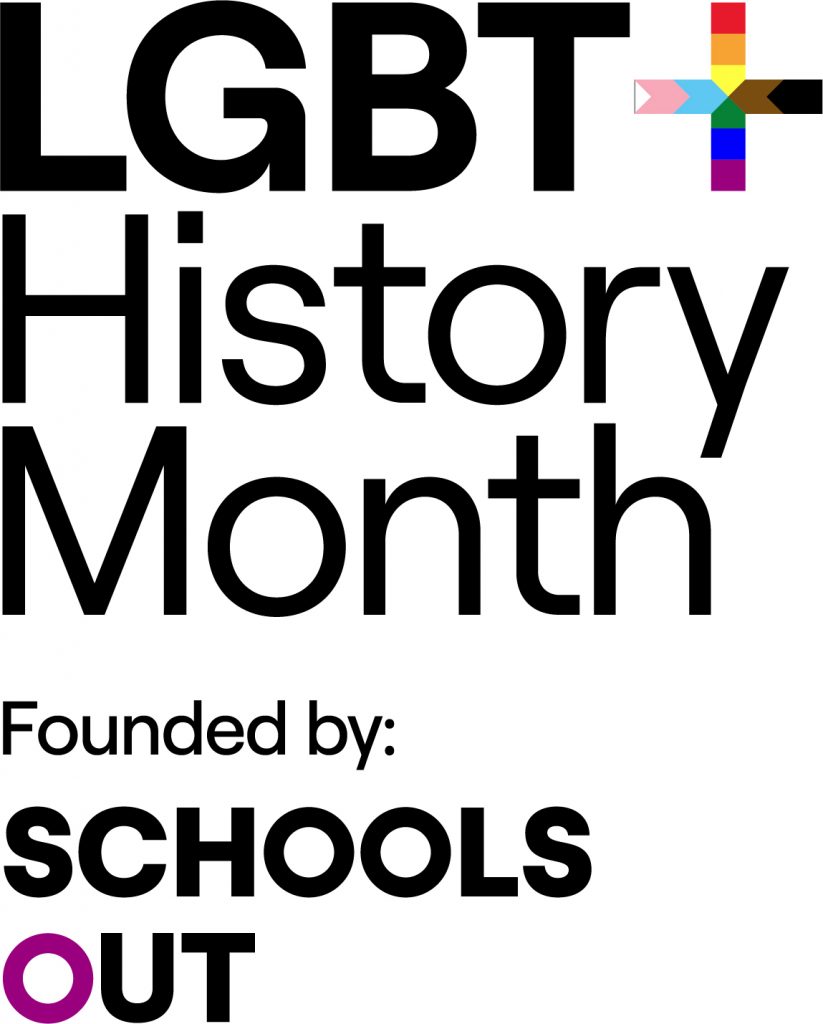Transgender history has become a rapidly expanding area of research over the past decades which has helped to redress the balance of representation in LGBTQ+ history. As February celebrates LGBTQ+ History Month, below is a brief summary of the work of some of the pioneering experts in the field.
Susan Stryker
Susan Stryker is a professor and historian of gender and sexuality as well as a film maker and activist. Her first published article ‘My Words to Victor Frankenstein Above the Village of Chamounix’ in 1994 was among the first to ever be published in an academic journal by a trans woman. As well as early works on LGBT culture and lesbian and gay pulp fiction, Stryker co-edited with Stephen Whittle The Transgender Studies Reader (2006) which gathers together key sources on global transgender history from sexological research by Harry Benjamin (one of the early proponents of gender affirmation surgery in America) to Sandy Stone’s essay ‘THE “EMPIRE” STRIKES BACK: A POSTTRANSSEXUAL MANIFESTO’ answering the transphobic work of Janice Raymond. Stryker’s Transgender History (2008) covers US transgender history from World War II to the 2000s including political and social movements, important events and major figures. Along with her written work, Stryker has also co-directed and co-produced several documentaries including Screaming Queens: The Riot at Compton’s Cafeteria (2005) which was awarded an Emmy, Forever’s Gonna Start Tonight (2009) and Christine in the Cutting Room (2013) about Christine Jorgensen a trans woman who transitioned in the 1950s.
Books
Gay by the Bay: A History of Queer Culture in the San Francisco Bay Area (1996)
The Transgender Studies Reader (2006)
Transgender History (2008)
The Transgender Studies Reader Remix (2022)
Web links
Jack Halberstam
Jack Halberstam is an American professor who has written several books and articles that examine and challenge binary constructions of gender. In Female Masculinity (1998), Halberstam decouples masculinity from men and discusses the forms female masculinity has taken from the nineteenth century onwards. The book includes an analysis of Anne Lister’s (a gender non-conforming landowner who pursued relationships with women) diaries, Radclyffe Hall’s (a gender non-conforming lesbian author) life and work and the issues surrounding access to public bathrooms faced by gender non-conforming individuals. Halberstam’s work examines the ‘border wars’ between different queer identities such as trans men and ‘butch’ lesbians and questions the exclusivity of such categories.
Books
Female Masculinity (1996)
In a Queer Time and Place: Transgender Bodies, Subcultural Lives (2005)
Gaga Feminism (2012)
Trans*: A Quick and Quirky Account of Gender Variability (2018)
Web links
http://www.jackhalberstam.com/
https://lambdaliterary.org/2012/02/jack-halberstam-queers-create-better-models-of-success/
https://www.publicbooks.org/public-thinker-jack-halberstam-on-wildness-anarchy-and-growing-up-punk/
Kit Heyam
Kit Heyam is a British writer, academic, trainer and heritage practitioner. They lead trans awareness training sessions and workshops for HE staff and students to help encourage ethical working practices with queer and trans communities. They also consult on books covering queer and trans individuals to ensure they receive fair and accurate representation. In 2022, Heyam published Before We Were Trans: A New History of Gender. The book offers a fantastic rethinking of how transgender history is written about. Heyam challenges the need for historians to ‘prove’ an individual was unequivocally trans or that their motivation for presenting as another gender was solely informed by their gender identity. Instead, Heyam argues that ‘[i]nstead of continuing the exhausting fight to prove our realness in the past and the present, I think it’s time we changed the terms of the
conversation. If we start to treat our standards of ‘realness’ critically, we can open up space for so many more new ways to relate to gender, in both the past and the present. We can both widen the scope of trans history and enable people of every gender to live more freely and expansively.’ Heyam’s approach allows for a far broader, inclusive and fluid representation of transgender and gender non-conforming history
Books
The Reputation of Edward II, 1305-1695: A Literary Transformation of History (2020)
Before We Were Trans: A New History of Gender (2022)
Web Links

